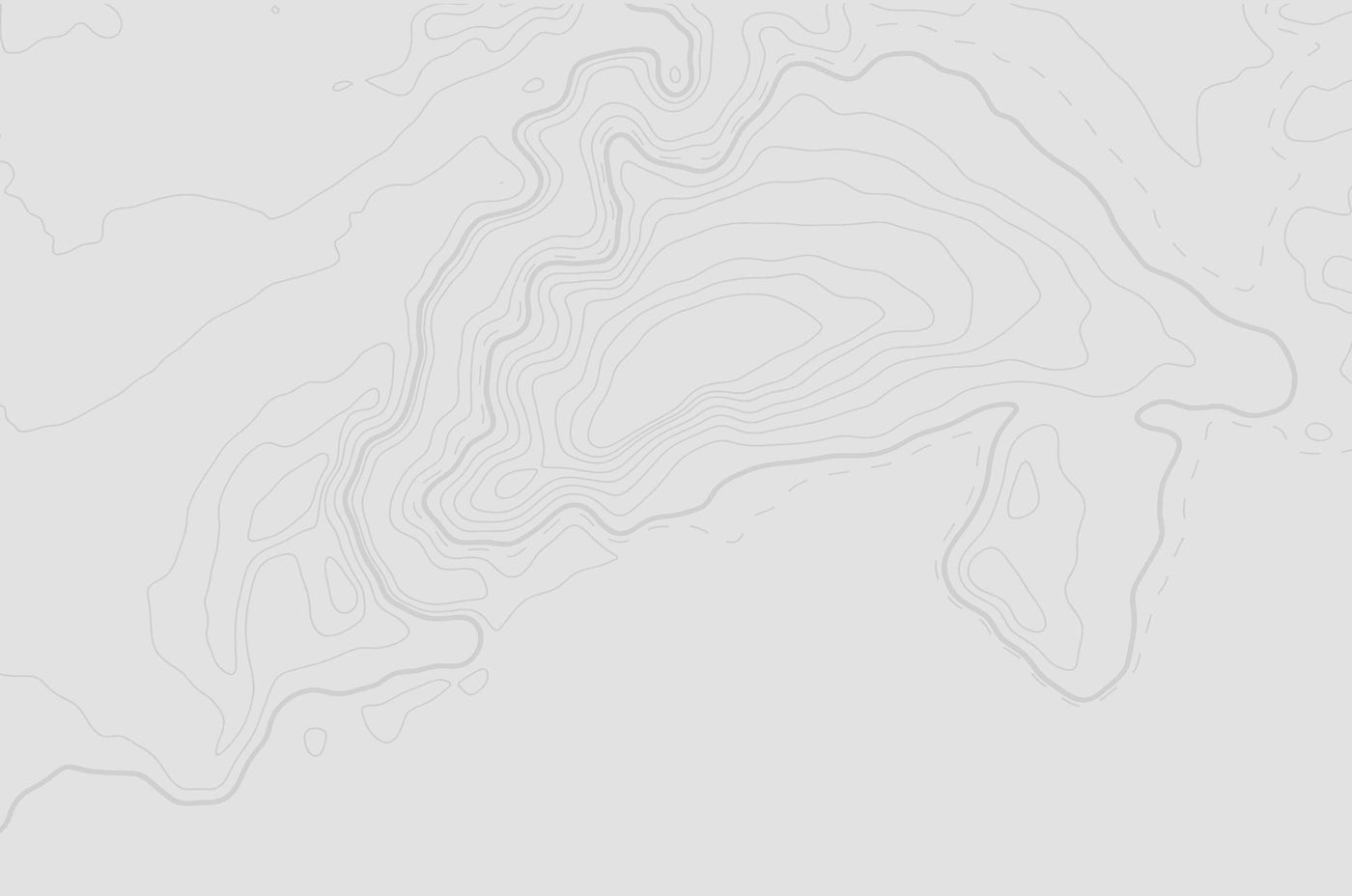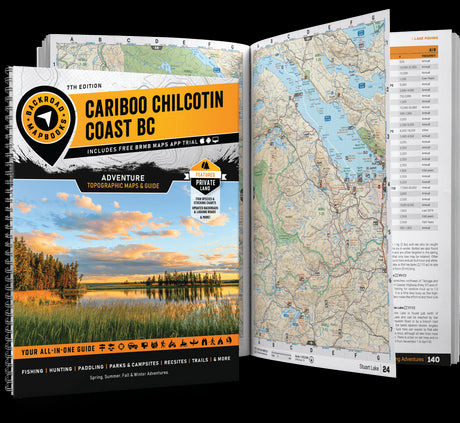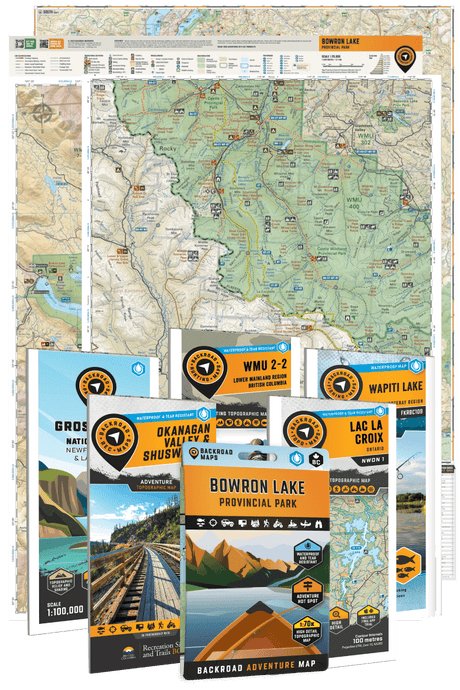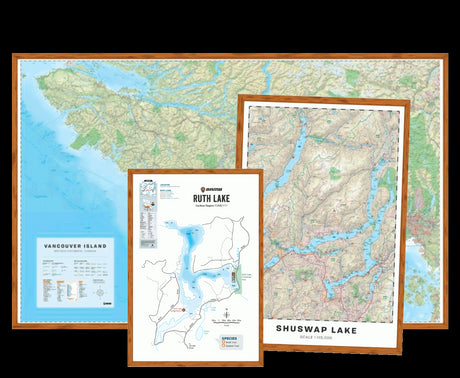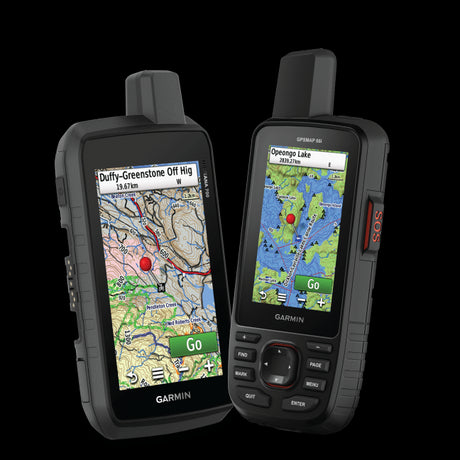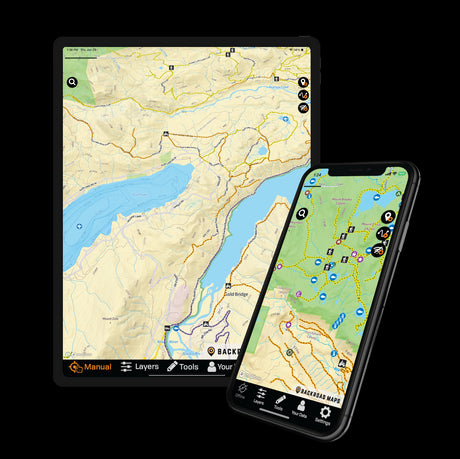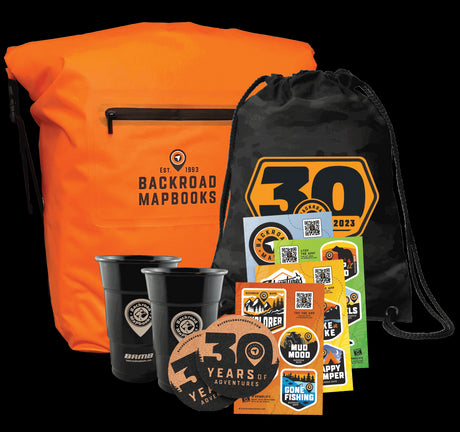Whether you are heading out on a camping trip, backcountry hiking trip, or a combination of the two, the first step in your planning process should be picking up a copy of one of our Backroad Mapbooks or downloading the BRMB App on your smartphone. Once you have done that, the second step is packing the essentials, and at the same time planning how to keep the earth healthy and minimize your trace at the camping spot or on the hiking trail. There are countless ways to contribute to the health of the planet, and below we outline a few main suggestions for your next camping or hiking trip.

Plan Ahead, Prepare, and Stay on Trail
While you are planning out your next adventure and thinking about where to camp or hike along the way, be sure to also plan out any equipment needed to minimize damage to the land. Pre-trip knowledge of weather, terrain, regulations, group hiking speed, and fire bans means that explorers are prepared for any and all contingencies.
It is also important to respect small communities that surround your camping or hiking spot of choice. Keep in mind that small communities often have limited resources, so it is important to stay on trail and avoid unnecessary rescue and medical attention. Consider using a GPS with Backroad Mapbooks maps, or the BRMB App to track your route. Staying on trail also helps protect sensitive ecosystems and habitats – when there is no trail, try to travel on rock, sand, gravel, ice, or snow, and avoid flagging or marking any trails along your way.

Four-wheel drive vehicles, ATVs, and motorbikes should ensure to travel only in open areas, travel straight up and down hills, and drive over (not around) obstacles. Stop frequently and scout ahead to avoid trail damage, and always use a tree strap to protect vegetation when winching.
Meal Planning
One-pot meals, dehydrated meals, and light-weight snacks are a great way to minimize packing and preparation time and decrease the amount of garbage that you will have to pack out. This also helps to reduce the dependence on campfires for cooking. If you do need to use a campfire, keep it small and consider the damage to the ground or rocks that the fire is set on. Try to use previously used and permanent firepits, or bring along a propane camp stove.

When washing dishes, be sure to use biodegradable soap only as regular soap will damage the environment and pollute the water. Products such as Campsuds only require a few drops for all cleaning tasks, but be sure to wash your dishes at least 60 metres (200 ft) from any lake, river, or stream. In a pinch, a small amount of hand sanitizer even works to clean dishes and cutlery.
Personal Hygiene
If you are camping somewhere backcountry or without shower facilities, there are a few options to help stay clean. If there is a lake nearby, this is a refreshing option. Use a LOOFAH, which is a natural plant product that often comes as a sponge or hand mitt – but be sure not to use any soap products in the lake! Another option is the Simple Shower or Road Shower, which are portable shower systems that can mount to your vehicle. Of course, in a pinch, baby wipes work as well! Remember, even the use of biodegradable soap should be at least 60 metres (200 ft) from any lake, river, or stream.

When camping or hiking in the backcountry or staying at more rustic camping sites there is a chance you will have to camp without having access to an outhouse or washroom facilities. It is important to dispose of your own waste properly, and ideally a portable waste bag should be used where you can pack out your own waste. Other options include a portable composting toilet or a simple bucket and bag. When this isn’t an option, catholes are the most widely accepted method of waste disposal and should be at least 60 metres (200 ft) from water, trails, and camp. Holes should be 15-20 cm (6-8 inches) deep and 10-15 cm (4-6 inches) wide. It is helpful to bring a small gardening shovel to dig the hole, and be sure to pack out any other waste items such as toilet paper, tampons, or wipes.
Now that you know the basics of keeping our wilderness natural and clean, it is time to start planning your next adventure! Be sure to pick up a copy of one of our Backroad Mapbooks, download our GPS maps, or check out the BRMB smartphone App or Web Map.

